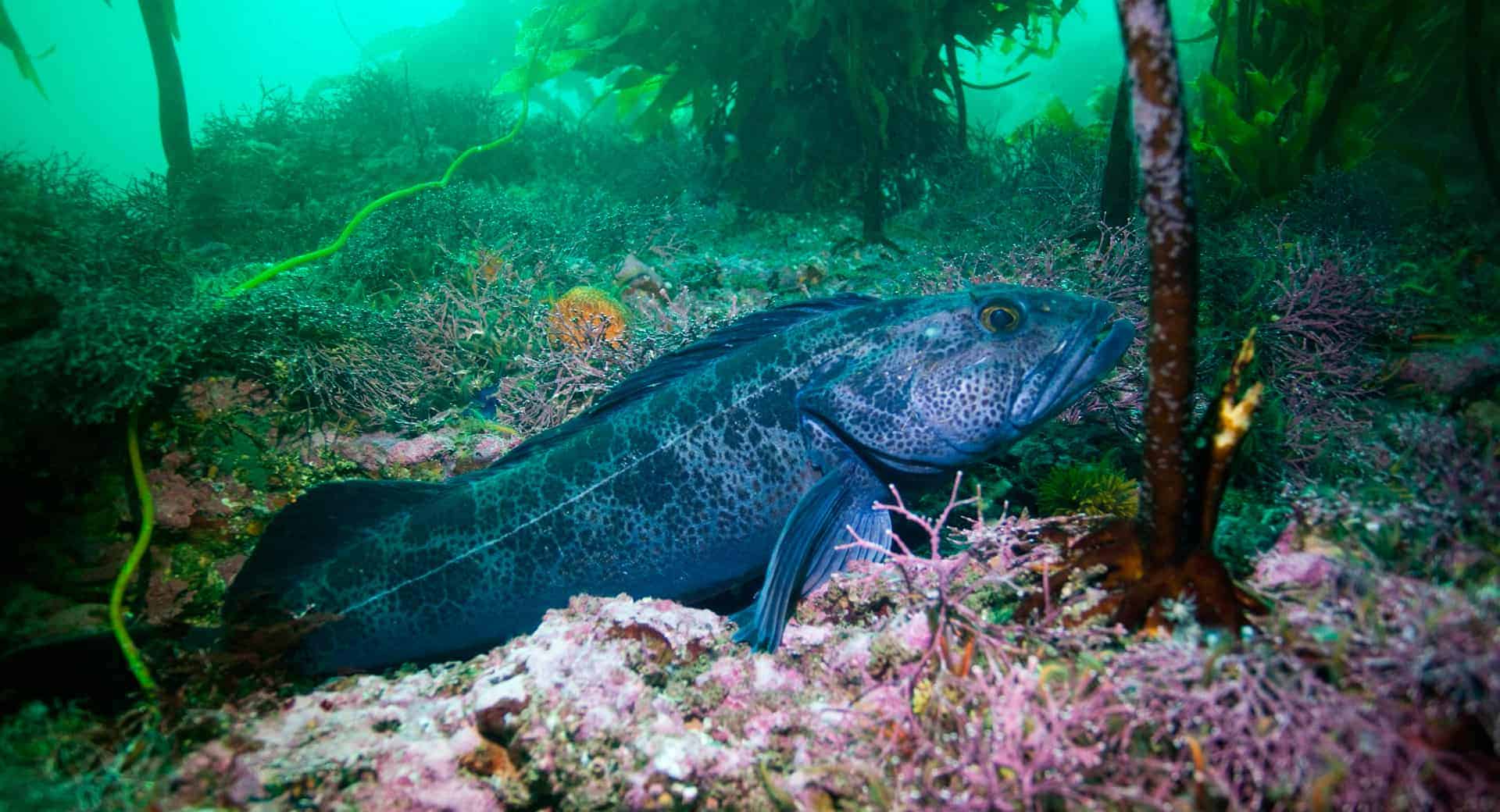Hidden below the surface of the sea, a flock of underwater sensors collects data along California’s coastline. Their mission? Capture the quiet signals of climate change in our iconic kelp forests.
The songbirds of our Coastal Canary Project, Reef Check’s oceanographic sensors come in two not-so-feathered forms – a small but tough temperature logger and a bundled array of chemistry instruments. The loggers monitor temperature fluctuations while the more complex arrays pick up changes in acidity, salinity, and dissolved oxygen. Every ten minutes they collectively blink, capturing a snapshot of ocean chemistry across our shores.

The sensors are spread out across the coast of California from San Diego to Humboldt county. The matchbox-sized loggers alone monitor temperatures at over 70 survey sites, each one fixed with a stainless steel bolt into the rocky reef about 12 m (40 ft) deep. Meanwhile their bigger sister arrays are installed at 6 strategic sites to oversee ocean chemistry in each region. The sensors tough out 3 to 12 month deployments before they’re retrieved and swapped out with fresh units to continue the mission.
Like canaries in a coal mine, these sensors detect delicate shifts in our kelp forests before more drastic impacts surface. As climate change alters the oceans, this data allows us to monitor and mitigate its effects and paints a fuller picture of our changing kelp forest ecosystem.

 Subscribe to Newsletter
Subscribe to Newsletter Donate
Donate Shop
Shop 0
0








